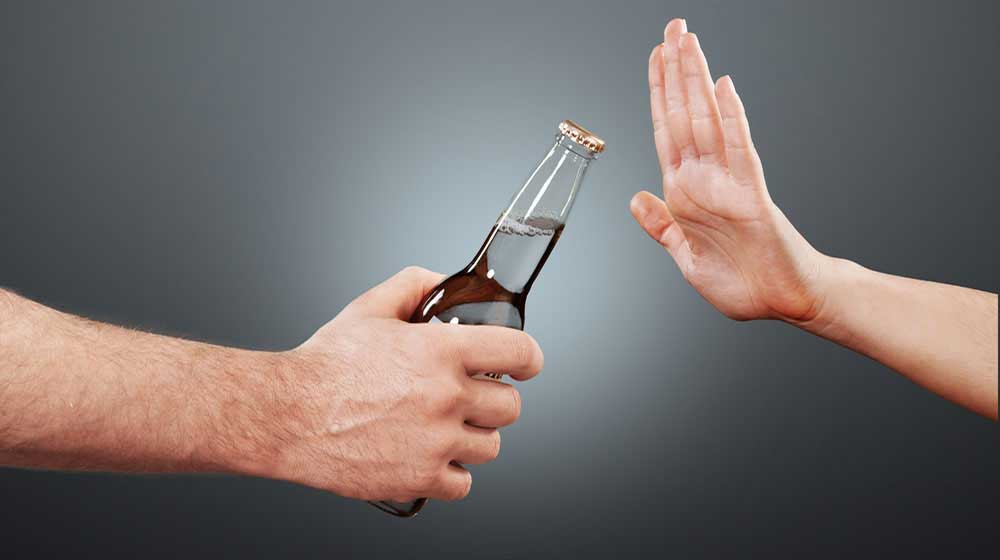Alcohol addiction, also known as alcoholism or alcohol use disorder (AUD), is a chronic disease that affects millions of individuals worldwide. It not only impacts the person struggling with addiction but also their families, friends, and communities. Fortunately, effective therapy and treatment options are available to help individuals overcome addiction and regain control of their lives. In this guide, we will explore the various methods of alcohol addiction therapy and treatment, along with tips to find the right support.
Understanding Alcohol Addiction
What is Alcohol Use Disorder (AUD)?
Alcohol Use Disorder is characterized by an inability to control drinking despite its negative effects on one’s health, relationships, and daily responsibilities. Common symptoms include:
- Cravings for alcohol.
- Increased tolerance requiring higher amounts to achieve the same effects.
- Withdrawal symptoms such as anxiety, tremors, and nausea when not drinking.
- Difficulty reducing or stopping alcohol consumption.
Causes and Risk Factors
Alcohol addiction can result from a combination of factors, including:
- Genetics: A family history of addiction increases the risk.
- Environment: Exposure to alcohol at an early age or high-stress environments.
- Mental Health: Conditions like depression, anxiety, or PTSD can contribute.
Types of Alcohol Addiction Therapy and Treatment
1. Detoxification (Detox)
Detox is often the first step in treating alcohol addiction. It involves:
- Supervised medical care to manage withdrawal symptoms.
- Medication to reduce discomfort and prevent complications.
2. Inpatient Rehabilitation Programs
Inpatient or residential programs provide a structured environment for recovery. Key features include:
- 24/7 medical and emotional support.
- Group and individual therapy sessions.
- A focus on developing healthy routines and coping mechanisms.
3. Outpatient Treatment Programs
Outpatient programs allow individuals to receive treatment while living at home. These programs are suitable for those with mild to moderate addiction. Services include:
- Scheduled therapy sessions.
- Support groups.
- Medication management.
4. Cognitive Behavioral Therapy (CBT)
CBT is a widely used approach in addiction treatment. It helps individuals:
- Identify and change negative thought patterns.
- Develop healthier coping strategies.
- Address triggers that lead to alcohol use.
5. Motivational Enhancement Therapy (MET)
MET focuses on increasing a person’s motivation to change their behavior. It is often used in conjunction with other therapies.
6. Medication-Assisted Treatment (MAT)
Certain medications can be prescribed to aid recovery, such as:
- Naltrexone: Reduces cravings and the pleasurable effects of alcohol.
- Acamprosate: Helps maintain abstinence by reducing withdrawal symptoms.
- Disulfiram: Causes unpleasant reactions when alcohol is consumed, acting as a deterrent.
7. Support Groups
Support groups provide a sense of community and encouragement. Popular options include:
- Alcoholics Anonymous (AA): A 12-step program focused on peer support.
- SMART Recovery: A science-based approach to addiction recovery.
8. Holistic Therapies
Complementary therapies like yoga, meditation, and art therapy can enhance traditional treatments by reducing stress and promoting emotional well-being.
Benefits of Alcohol Addiction Therapy and Treatment
- Improved Physical Health: Reducing or eliminating alcohol intake decreases the risk of liver disease, cardiovascular issues, and other health problems.
- Enhanced Mental Well-being: Therapy addresses underlying mental health issues, reducing anxiety and depression.
- Rebuilt Relationships: Recovery allows individuals to repair strained relationships with loved ones.
- Increased Productivity: Sobriety improves focus, decision-making, and overall productivity.
Finding the Right Treatment
1. Assess Your Needs
Consider the severity of your addiction and any underlying mental health conditions.
2. Consult Professionals
Reach out to a healthcare provider or addiction specialist to discuss treatment options.
3. Research Facilities
Look for licensed rehabilitation centers or therapy providers with positive reviews and experienced staff.
4. Leverage Support Systems
Involve friends and family in your recovery journey for additional encouragement.
Overcoming Alcohol Addiction: Tips for Success
- Set Realistic Goals: Break down the recovery process into manageable steps.
- Stay Committed: Recovery is a long-term process that requires perseverance.
- Avoid Triggers: Identify and steer clear of situations or environments that encourage drinking.
- Celebrate Progress: Acknowledge milestones, no matter how small.
Alcohol addiction therapy and treatment offer hope and a pathway to a healthier, happier life. With the right approach and support, overcoming addiction is possible. If you or someone you know is struggling with alcohol addiction, take the first step today by seeking professional help
I am Komal Hatwaani, aims to provide readers with informative and engaging content that covers everything from technology and business to entertainment and lifestyle. This website dedicated to delivering high-quality content that informs, entertains, and inspires our readers.
Join us on our journey as we continue to explore the ever-evolving landscape of news and information, providing you with valuable insights and perspectives that enrich your digital experience.











